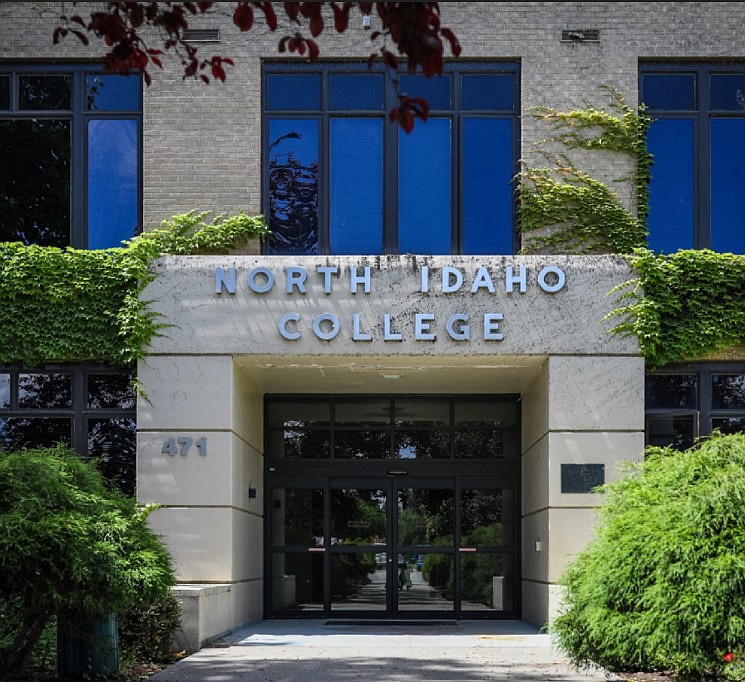NIC remains on show-cause status
COEUR d’ALENE — North Idaho College remains accredited, though it will continue to operate under a show-cause sanction until spring 2025.
The Northwest Commission on Colleges and Universities issued its decision to extend the sanction Friday, a month after representatives from NIC went before the commission in Seattle.
Instead of planned site visits from accreditors in April and in the fall, there will be a single, “highly-focused” show-cause visit in October 2024.
“By rescheduling, we give the institution and its board of trustees, in particular, sufficient time to make progress on these recommendations, instead of having to continually submit reports and wait for responses from NWCCU,” the decision letter said.
The commission initially sanctioned NIC with a warning April 1, 2022. The college received the show-cause sanction, the last step before loss of accreditation, Feb. 9, 2023.
Federal regulations stipulate that the issues underlying the initial sanction must be resolved within three years of its issuance. For NIC, that date is April 1, 2025.
If NIC does not demonstrate significant progress toward resolving the problems outlined by the commission “well before” April 1 of next year, the commission must take adverse action, meaning denial, withdrawal, suspension or termination of accreditation.
North Idaho College’s accreditation is not in jeopardy due to problems with academics or finances, but because of governance issues on the board of trustees that stretch back to 2020.
The NWCCU also provided a document outlining what steps the college must take in order to return to good standing.
“By reframing the noncompliant recommendations, we provide greater clarity and specific guidance to focus the institution’s work, making it clear that the board of trustees MUST take explicit action to resolve these noncompliant recommendations,” the letter said.
Trustees must make progress in “functioning as a professional governing board,” strengthening their relationship with the college president and developing processes that provide students, staff and faculty the opportunity to weigh in on matters where they have “a direct and reasonable interest.”
The board must also reduce risks to the institution by implementing good board governance policies and processes, taking steps to “reduce the exodus of faculty, staff and senior administrators” and take action to resolve ongoing litigation.
“The institution and its board of trustees are reminded that guidance represents a suggested path forward, but not a mandated path,” the commission said in a letter to NIC. “While the institution has options in determining how to move forward, the issues underlying these noncompliant recommendations must be resolved.”

